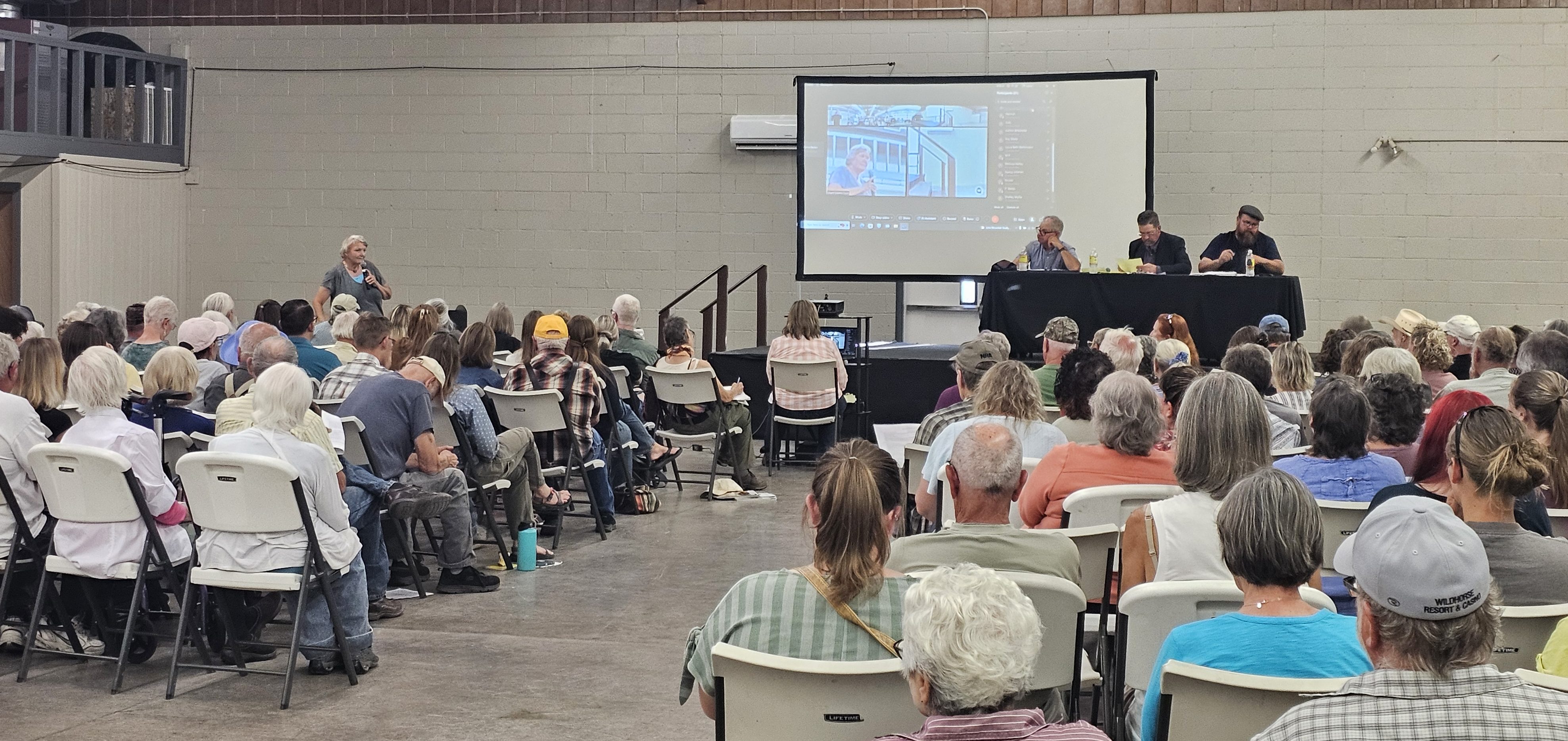Other views: Is community college funding broken?
Published 10:15 am Wednesday, October 6, 2021

- COCC students in Shevlin Park.
State officials are wondering if the funding formula for Oregon’s community colleges, such as Central Oregon Community College, is broken. They are looking at changing it.
Trending
Oregon’s formula doesn’t consider student demographics, program costs or efficacy. It doesn’t distribute money based on student access and completion or have a focus on minorities.
Instead, Oregon’s funding formula sends out a base amount plus enrollment, based on the number of full-time equivalent students.
This fund, the community college support fund, isn’t the only source of state money for community colleges. But it is the one the state is looking at changing and that could mean changes for Central Oregon Community College.
Trending
We don’t know what the new formula will be. The Higher Education Coordinating Commission, or HECC, is just setting up a process for how the formula will be reevaluated. What is HECC? The commission is a 14-member group of volunteers appointed by the governor and approved by the state Senate. It basically exists to develop a plan for getting to the state’s postsecondary education goals.
The new look at the formula is because there’s concern the formula doesn’t line up with those goals. For instance, HECC adopted an “equity lens” policy. It looks at what it does through race and ethnicity. It wants to reallocate resources to end disparities in gaps and achievement through reallocating resources.
HECC plans to redesign the formula “to allow for the distribution of state funding in support of student access and completion, with a focus on underrepresented populations, and should apply objectively to all institutions without regard to winners and losers.”
Doing that means coming to terms with some difficult questions. How do you define student success? What are equitable outcomes? Should costs of training for high-demand and high-reward careers be a factor? How should the state weigh supporting students whose goal is to transfer out of community college into a four-year program?
The plan is to set up an advisory group to recommend to HECC how the formula will be changed. The institutions themselves do get a voice on the proposed workgroup. The Oregon Student Association gets a voice. Faculty get a voice. There will be a business representative. The Oregon Community College Association also gets a seat at the table.
Where is your voice in the discussion? Well, HECC meetings are open to the public and the commission accepts public comment. We are just guessing, of course, but we imagine most of the input on the decision of revising the funding formula will come from the people that get the money, not the general public.









